“The traditional academic system, in its existing form, generally fails to benefit researchers or their communities sufficiently.”
Big names such as Elon Musk and Peter Thiel have always noted that the current century is markedly different from the previous one, as the excitement surrounding science fiction has diminished. Many brilliant minds are now gravitating towards careers in banking, law, and the internet. Despite intellectual satisfaction derived from scientific research, it is often stressful and inadequately funded.
The traditional academic system, in its existing form, generally fails to benefit researchers or their communities sufficiently. This conservative field has encountered numerous problems that have hindered its progress for decades. For scientists, securing funding is crucial at the initial stages of research. When substantial time and resources are devoted to writing grant applications without achieving stable funding, most projects must be suspended. Financial constraints have led to many scientists choosing research projects with bias, resulting in numerous replication crises.
| Traditional Science (TradSci) | Decentralized Science (DeSci) | |
| Research funding | TradSci funding is often limited and competitive, with researchers spending significant time applying for grants. This system can be biased, leading to delays and a concentration of funds among senior researchers with conservative projects. | DeSci proposes new funding models like DAOs and crowdfunding to create more inclusive and diverse funding opportunities |
| Peer review and research publication | Traditional publishing is often expensive and restrictive, limiting access to scientific knowledge. Additionally, the peer-review process can be exploitative and biased by the gatekeepers. | DeSci creates open-access, decentralized publishing platforms that incorporate quality control mechanisms and provide incentives for peer reviewers, thus democratizing access to scientific literature. |
| Reproducibility and replicability | Scientific research lacks reproducibility and replicability due to insufficient transparency, methodological details, and selective reporting. Inconsistent peer review and few incentives for replication studies compromise the reliability of findings. | DeSci leverages blockchain technology to provide transparent and verifiable records of all experimental components, enhancing reproducibility and accountability. |
| Collaboration | Scientists suffer from a lack of transparency and isolated existence within one organization with no real possibility of global cooperation due to dependence on institutions and their funding. | Web3 enables global collaboration, and transparent resource sharing, and reduces miscommunication and divided opinions. Blockchain and DAOs allow public influence and increased participation in scientific discourse. |
| Intellectual property (IP) and ownership | In traditional science, IP management is complex and often leads to research being locked in institutions or unused. | DeSci uses NFT to establish clear ownership and attribution chains, allowing researchers to monetize their work more effectively and transparently. |
1. Top DeSci projects
Here are a few examples of top DeSci projects that tackle diverse challenges in the current scientific landscape. As DeSci space matures, we can expect even more groundbreaking projects to emerge across various scientific disciplines.
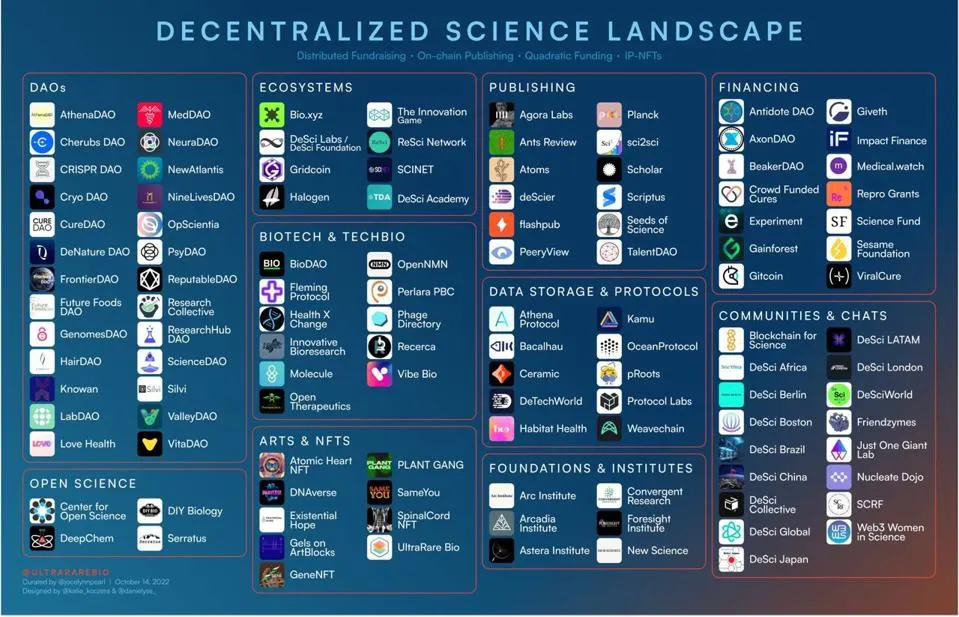
1.1. VitaDAO
VitaDAO is one of the best-known DAOs in the DeSci space, with over 200 projects sourced, $3 million invested in research, and more than 1,300 token holders, including the pharmaceutical company Pfizer. Their token, $VITA, can be purchased using cryptocurrencies like Ethereum, and has a current market cap of $20 million.
The two most recent projects added to VitaDAO’s portfolio were started in April and June of this year, and both have a timeline of two years. The maximum returns for VitaDAO token holders are still to be determined, but the DAO is already fulfilling its role in sourcing, voting on, and funding research projects.
According to Paul Kohlhaas, the co-founder and CEO of MoleculeDAO, VitaDAO has achieved something that larger pharmaceutical companies like Pfizer have been trying to do for years: creating an open innovation ecosystem. This is seen as the dawn of biotech DAOs, with much more to come in this emerging space.
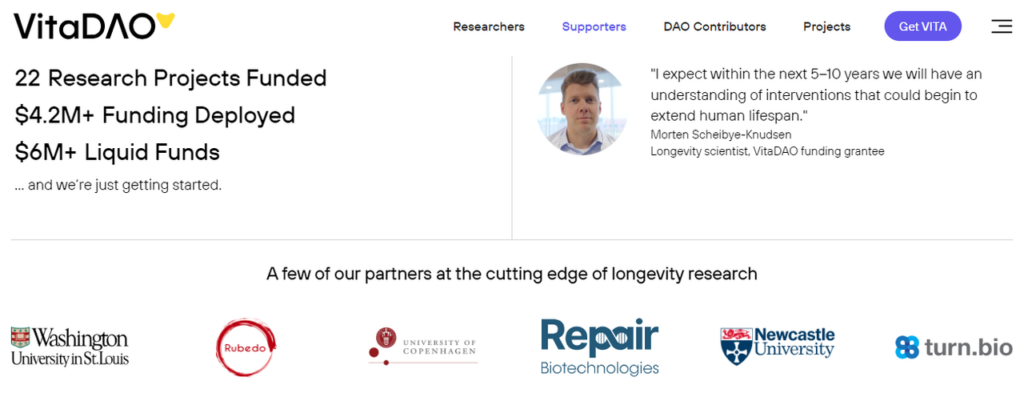
1.2. Molecule
Molecule is a decentralized biotech protocol, but its primary focus is as a marketplace for research-related intellectual property (IP). They have developed IP-NFTs as a way to connect academic researchers and biotech companies with quick and easy funding. This enables patient, researcher, and investor communities to directly govern and own research-related IP.

Molecule works collaboratively with various DAOs in the DeSci (Decentralized Science) space, including VitaDAO, ValleyDAO, PsyDAO (focused on psychedelic medicine), and LabDAO (a network of wet and dry laboratory services).
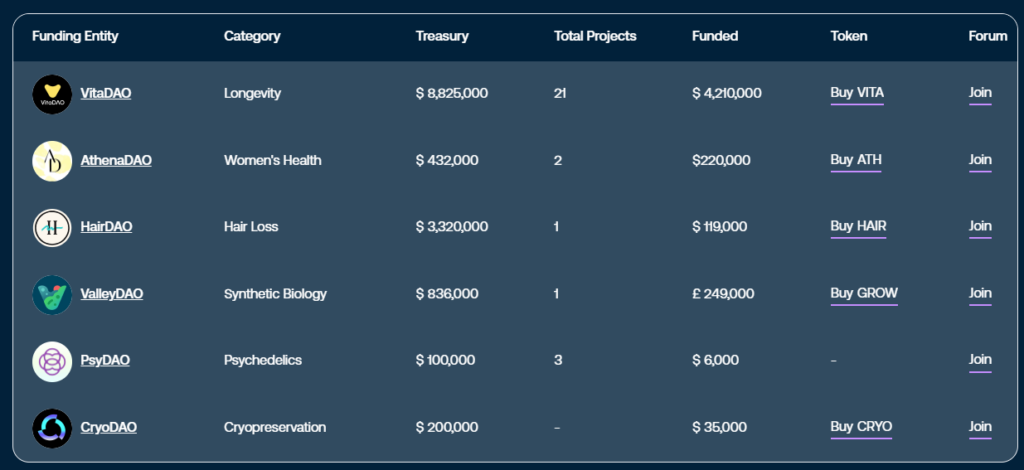
Another key goal of the DeSci movement is to fund projects that have been previously neglected or overlooked by traditional funding sources. This could include projects that are considered controversial, lack a large enough market, or simply aren’t of interest to conventional funders. The image curated by Jocelynn Pearl and Dani Elyse provides a more comprehensive view of the broader DeSci landscape.
1.3. ResearchHub
ResearchHub (RSC) promotes open access to scientific literature, supports researcher collaboration, and explores reputation-based tokenized incentives for high-quality contributions like peer review and data sharing.
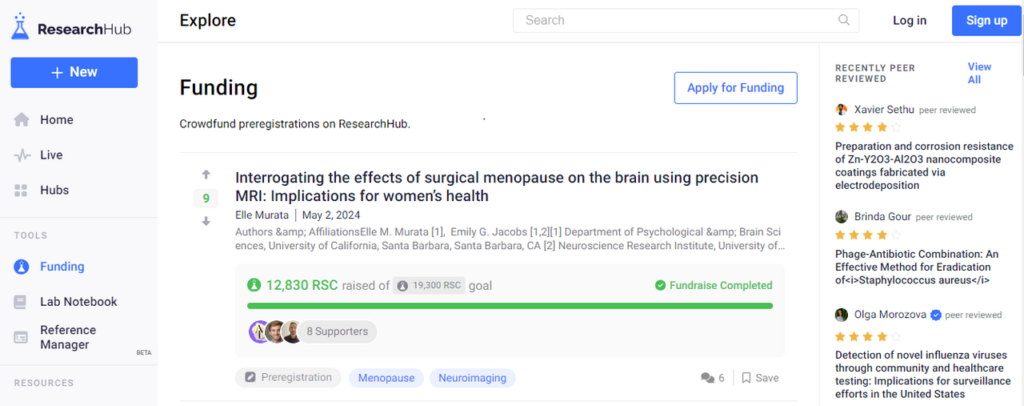
1.4. Ocean Protocol
Ocean Protocol (OCEAN) tackles the problem of data silos by enabling the exchange and monetization of data and data-based services through innovative tokenization methods, empowering researchers to share and access valuable datasets.
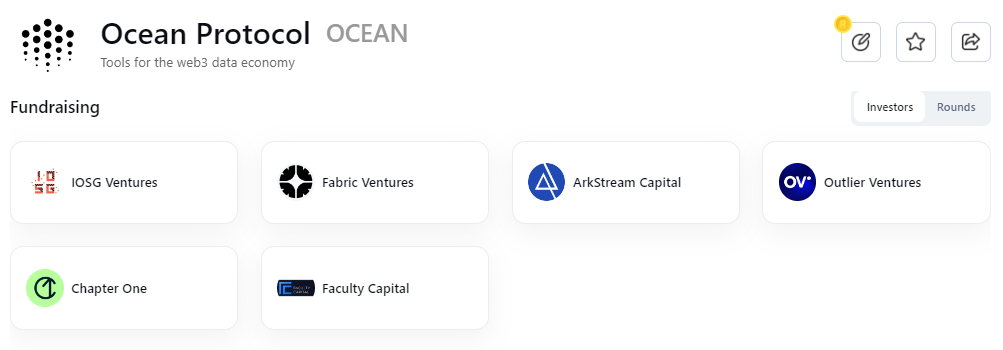
1.5. OriginTrail
OriginTrail (TRAC), while not a DeSci project per se, supports DeSci by creating verifiable and transparent supply chains for research materials, allowing for tracking of data provenance and encouraging data reuse, reproducibility, and open collaboration.
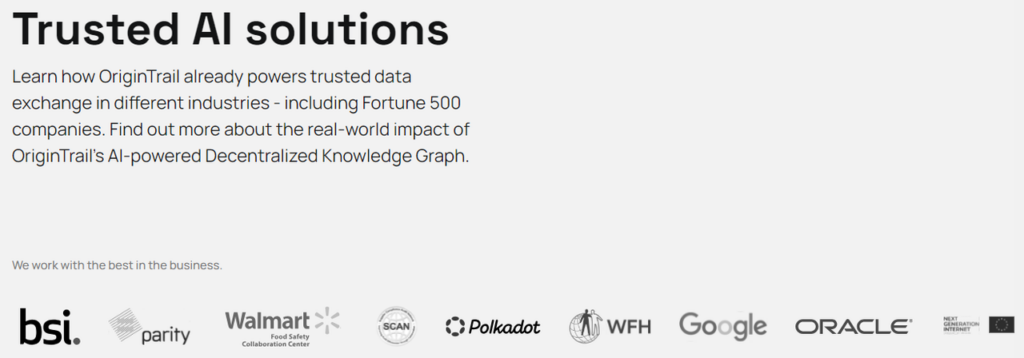
These DeSci projects aim to address various challenges in the traditional scientific landscape, such as funding limitations, data silos, and lack of transparency, by leveraging decentralized and community-driven approaches powered by blockchain technology.
"The challenges encountered by DeSci are closely aligned with those experienced across the blockchain and cryptocurrency sectors."
2. Challenges of DeSci
The article states that while DeSci (Decentralized Science) has the potential to address issues in the traditional scientific ecosystem, such as combating censorship, improving access to funding, and promoting equality and transparency, it still faces numerous challenges that it must overcome before it can truly transform the landscape of scientific research and discovery.
2.1. DeSci may face research quality issues
With token holders making decisions regardless of their scientific expertise, there is a risk of poor-quality research being funded. DAOs need to implement mechanisms for pre-screening proposals and involving verified experts to ensure research quality.
2.2. DeSci is not easy to access
Traditional scientists are rarely familiar with the crypto-wallets, tokens, NFTs, and other Web3 instruments that are central to DeSci. This creates a contradiction, as DeSci aims to use these Web3 tools to benefit scientists, but the scientists themselves struggle to engage with them. To address this, DeSci needs to build a more user-friendly infrastructure and provide community education to make technology more accessible and convenient for researchers.
2.3. DeSci has to discover new management tools.
DAOs need to identify and practice effective voting and governance procedures, as well as develop appropriate regulations and legal frameworks to address issues like intellectual property ownership and control.
Tyler Golato from Molecule cautions that crypto is not the best place for independent thinking. He says “a lot of people use a DAO as an excuse for lack of governance,” and emphasizes that Molecule is being built from a “meta-science perspective” rather than solely a crypto one.
Regarding ownership, the idea is to make different aspects of science (like peer review and grants) into separate, specialized, and decentralized communities. However, there is nothing preventing someone from buying out an entire DAO.
The various DAOs and technologies in the DeSci (Decentralized Science) space generate a lot of data. To address the need for decentralized data storage, technologies like the InterPlanetary File System (IPFS) and Filecoin have emerged. IPFS is a decentralized protocol that allows users to access content based on its content address rather than its location on a specific server. This distributes files across a network of nodes, making the system more resilient to censorship and improving content delivery performance.
2.4. DeSci might prioritize commercial research over fundamental research.
Community members may choose to fund only research with commercial potential, neglecting more fundamental scientific inquiries. DAOs should aim to balance the funding of commercial and fundamental research to support a full research cycle.
2.5. DeSci is sometimes too centralized.
Some DAOs exhibit a lack of true decentralization, with a few actors wielding significant control. Clear procedures for horizontal communication and decision-making, based on core values and mission, are needed to maintain decentralization.
For instance, one of the DAOs focused on democratizing access to psychedelics, called PsyDAO, recently blocked public discussion about potential conflicts of interest within its leadership. This type of behavior does little to help the DAO’s reputation, given the complex and sensitive nature of the problem they are trying to solve.
While cryptocurrency still contains numerous uncertainties, the same can be said for DeSci. However, the challenges faced by DeSci are not temporary flaws like those of TradSci, but rather issues that can be improved upon.
The primary importance lies in establishing an economic framework within the DeSci world that guarantees scientists’ ability to conduct experiments and be duly acknowledged for their contributions, while also providing investors with safeguards and sources of funding. The DeSci community needs to define shared principles. The specific beneficiaries and the mechanisms through which DeSci DAOs will achieve greater sustainability and fairness compared to the present scientific ecosystem remain uncertain. Matters such as potential fraudulent activities, ambiguous tokenomics, and the absence of diversity within the Web3 community must be tackled and resolved.
The information provided in this article is for reference only and should not be taken as investment advice. All investment decisions should be based on thorough research and personal evaluation.


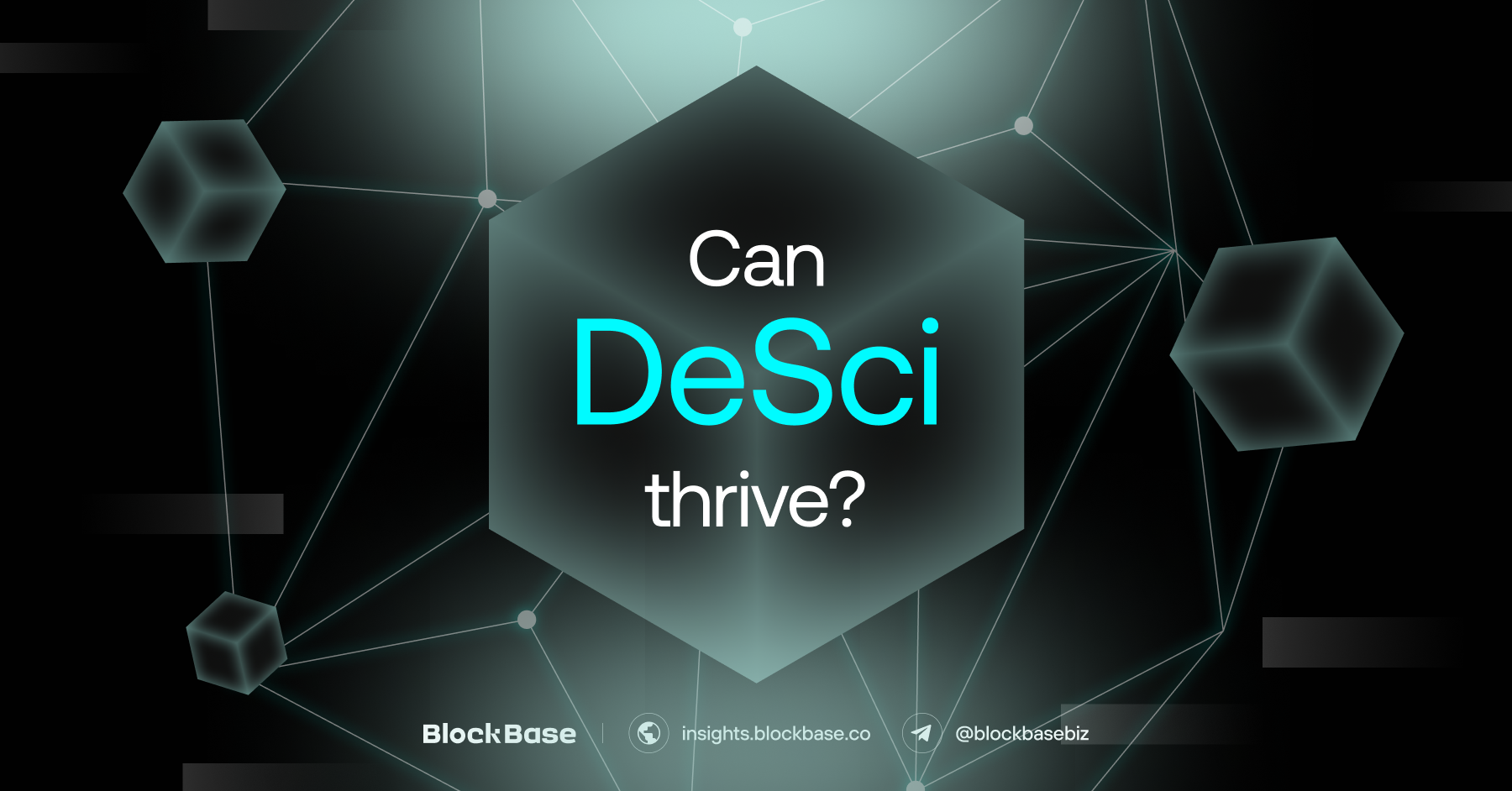
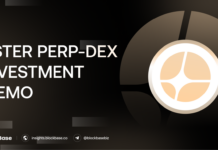
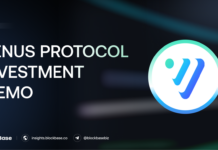

[…] Can DeSci thrive? […]
[…] Can DeSci thrive? […]
Comments are closed.